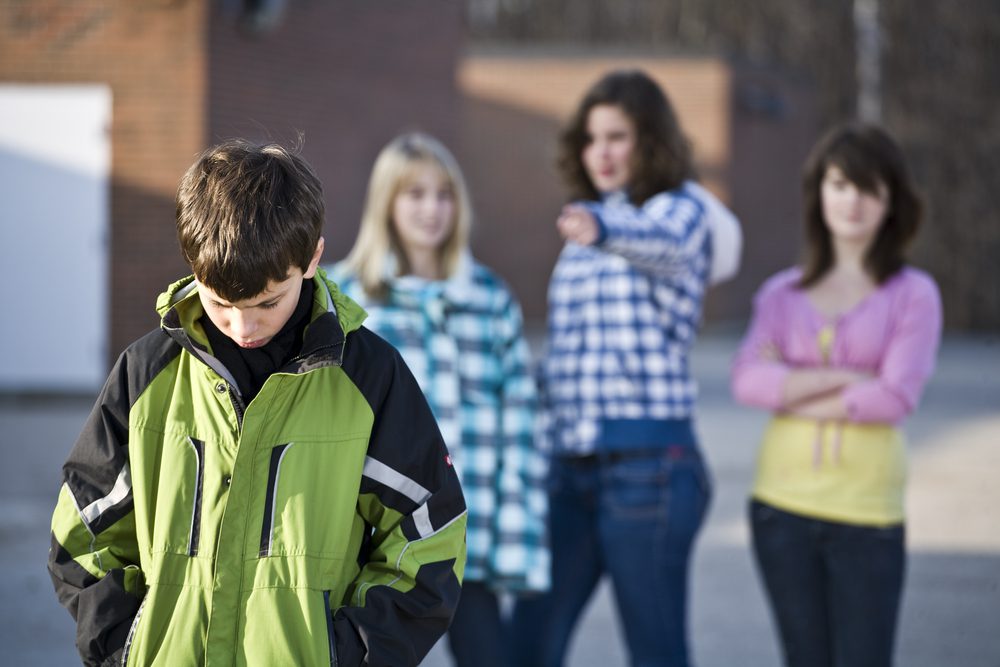Introduction
A child experiences peer pressure constantly, especially in their formative years. It’s important for parents to understand its importance. Peer pressure is the term used to describe how peers can affect one another and mold their attitudes, values, and behaviors. While it can encourage good decisions, it frequently takes a negative turn, encouraging risky actions and values-contradictory conformity. It is essential to comprehend how it affects kids. Negative peer pressure can result in mental health problems, delinquency, and academic decline, whereas positive peer pressure can promote healthy behaviors and academic success. Open communication, encouraging critical thinking, group discussions, and self-assurance are the keys to assisting your child in navigating peer pressure.

Understanding Peer Pressure
The influence that people in the same age group or social group have over one another is known as peer pressure. It comes in a variety of shapes and includes pressuring individuals to adopt specific attitudes, values, or behaviors. Positive peer pressure can motivate people to study hard or develop good habits. On the other hand, negative peer pressure may influence individuals to engage in risky behaviors such as substance abuse, bullying, or deeds that are against their moral convictions. In order to successfully navigate the challenges of peer pressure, encourage healthy decisions while defending against harmful pressures, parents and teenagers must both understand these dynamics.
The Effects of Peer Pressure
A child’s life can be significantly impacted by peer pressure. Positive peer pressure can encourage them to excel in school or develop healthy habits. Negative peer pressure, on the other hand, can cause risky behaviors, such as substance abuse or bullying, which are frequently against the individual’s own morals. Parents must be aware of these effects in order to help their kids navigate the difficulties of peer pressure, encourage healthy choices, and develop resilience and integrity in their decision-making.
The Parent’s Role in Dealing with Peer Pressure
- Open Communication
Establish a foundation of effective communication in order to foster a strong parent-child relationship. Encourage honesty and trust in your child by allowing them to freely express their feelings in a nonjudgmental setting. This strategy deepens your relationship with them and encourages them to come to you for advice as they deal with the pressures of adolescence and peer pressure.
- Teach Critical Thinking
Giving your child the ability to think critically is crucial for navigating peer pressure. Discussions about actual events should be had, and open-ended questions should be used to promote independent thought. Encourage them to consider the possible results of their choices. This process helps them develop self-assured decision-making and resilience in the face of outside influences by empowering them to make informed decisions when faced with peer pressure.
- Boost Self-Esteem
Increasing a child’s sense of self-worth protects them from harmful peer pressure. Celebrate their accomplishments frequently and point out their strengths. Encourage a positive self-image by offering consistent encouragement and affirmation. Children who value themselves highly put their own values above those of their peers, which makes them less likely to engage in risky behaviors that are influenced by others.
- Set Clear Boundaries
It’s crucial to establish firm family rules and boundaries that are consistent with your values. Make sure your child is aware of these guidelines and the repercussions that follow. This strong foundation of family values equips your child to fend off pressure from the outside world that might tempt them to abandon their values, encouraging consistency and integrity in their decision-making.
- Encourage Independence
Giving kids the freedom to make age-appropriate decisions in a supportive setting is essential for their development. It increases their independence and self-assurance, giving them the tools they need to resist harmful peer pressure and learn from their choices and outcomes. This sense of control not only strengthens their resistance to outside influences but also improves their moral judgment and resiliency in the face of difficulties.
- Be a Role Model
Children often pick up knowledge by watching their parents. In order to be an effective parent, you must demonstrate sound judgment, empathy, and assertiveness in your own life. Teaching your child valuable life lessons and influencing their own behavior and values as they navigate the world comes from modeling how to handle difficulties with integrity and resilience.

- Discuss Peer Pressure
When appropriate, start conversations about peer pressure and share personal experiences to help kids understand how common growing up is. This strategy gives them confidence that, with the right assistance and skills, they can get through it successfully. Open dialogue and relatable anecdotes promote comprehension and resilience, enabling kids to deal with peer pressure successfully.
- Support Social Skills
Your child will be better able to deal with peer pressure and uphold positive relationships if you help them develop strong social skills such as empathy, assertiveness, and conflict resolution. They can communicate their needs and boundaries to their assertiveness, and their improved communication skills are a result of their increased empathy. Strong peer relationships and resilience in the face of peer pressure are fostered by conflict resolution skills, which enable constructive conflict handling.
- Monitor Friendships
It’s crucial to keep an eye on your child’s friendships. Encourage them to invite friends over so you can evaluate their impact. If worries arise about particular friendships, talk to your child in an open and understanding way to promote a productive discussion. This tactic fosters trust and equips your child to make wise friendship decisions, ensuring that their social circle reflects the values of your family.
- Seek Professional Help
It is wise to seek advice from a therapist or counselor when peer pressure puts your child’s mental health in danger or encourages risky behaviors. These experts provide individualized support, addressing underlying problems, offering coping mechanisms, and assisting your child in building the resilience required to successfully deal with peer pressure. If you are worried about your child’s emotional or behavioral well-being, don’t be afraid to reach out.
Conclusion
In conclusion, a child’s development often includes peer pressure, and parents are crucial mentors for their journey. Parents give their kids the tools they need to make wise decisions and fend off harmful influences by encouraging open communication, encouraging critical thinking, and creating a loving environment. Children who receive this support can navigate their social environment with assurance and grace because it helps them develop moral character and resilience. Understanding and guidance from parents play a critical role in helping their kids develop into mature adults who can resist peer pressure.


